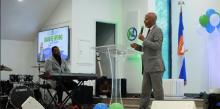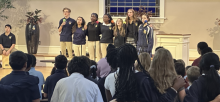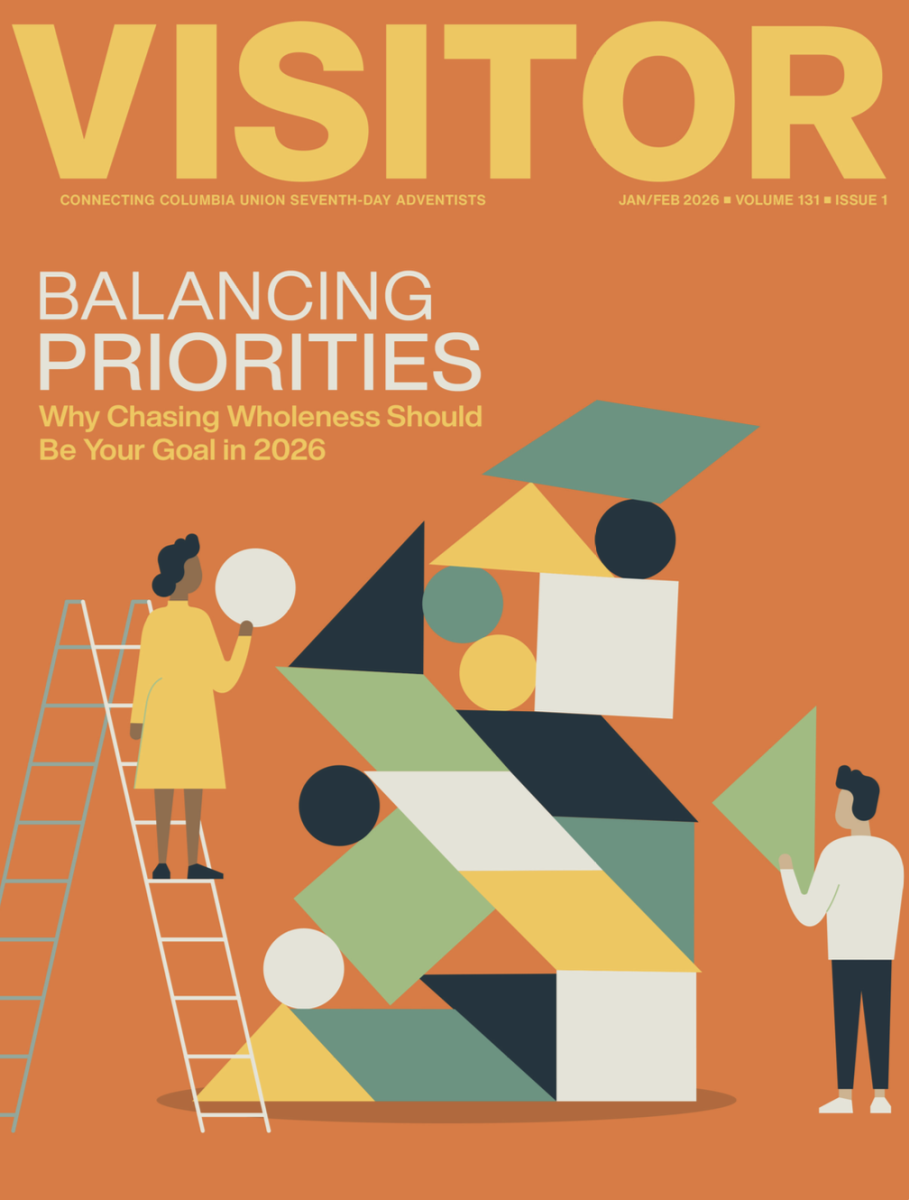Story by LaTasha Hewitt
The New Life church in Hampton, Va., celebrated the completion of Phase 1 of its renovation project after several weeks of work and unforeseen challenges marking the transformation of its sanctuary into a vibrant, multipurpose LIFE Center, a space designed to serve both the congregation and the wider Hampton community.








 Editorial by Harvey Hahn
Editorial by Harvey Hahn
 Read More from the January-February 2026 Visitor:
Read More from the January-February 2026 Visitor: